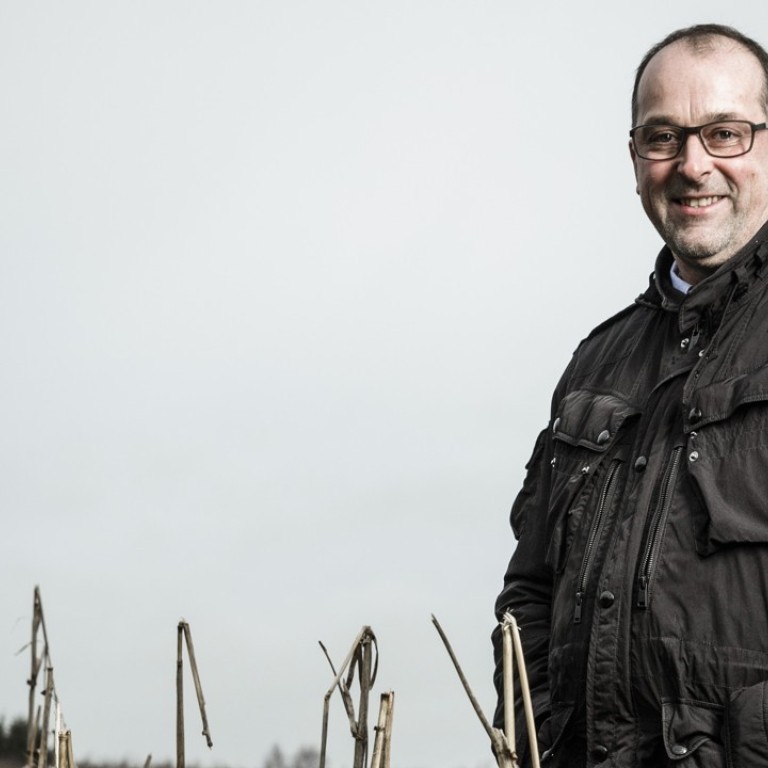
Fermentationexperts provides tomorrow’s feed solutions today
Founder and CEO Jens Legarth believes that fermentation is the livestock feeding technology of the future
Various cultures and civilisations have crafted distinct traditions and flavours around fermentation – from Chinese douchi (black beans), Korean kimchi to the ubiquitous yoghurt and cheese. The potential health benefits of probiotics have also elevated the status of fermented products in the microbial world, and Fermentationexperts is bringing new life to this ancient practice to uphold livestock health.
Founder and CEO Jens Legarth believes that fermentation is the livestock feeding technology of the future and has set Fermentationexperts on a mission to develop feeding solutions that will improve farmers’ finances, the health of their herds, and the state of the environment.
Combining lactic acid bacteria with seaweed, rapeseed and soy-based products in various compounds, Fermentationexperts develops safe and sustainable feed fermentation methods that also reduce N-methyl-2-pyrrolidone pollution. Close to 95 per cent of livestock that adopt the company’s patented feeding system no longer take antibiotics, and the process also makes it possible to customise proteins for each animal’s nutritional needs.
“Our goal is to totally replace antibiotics and move towards healthier options,” Legarth says. “We can change the whole bacterial level of a microbiome, and through our fermentation process, we have discovered substrates that can eliminate resistant bacteria such as coli and salmonella.”
With production plants located worldwide, Fermentationexperts works with universities and key biotechnology players such as Novozymes to create feed and health solutions that change the world. It is in the early stages of developing fermented health products for human applications, and welcomes collaborations with Asian investors and organisations with strong intellectual property protection policies.
“Asia has an interesting view on alternative feeding solutions compared to Denmark or Europe where markets are more conservative,” Legarth says. “A lot of the inspiration for what we are doing comes from China, and cooperation on new developments is always appealing.”
